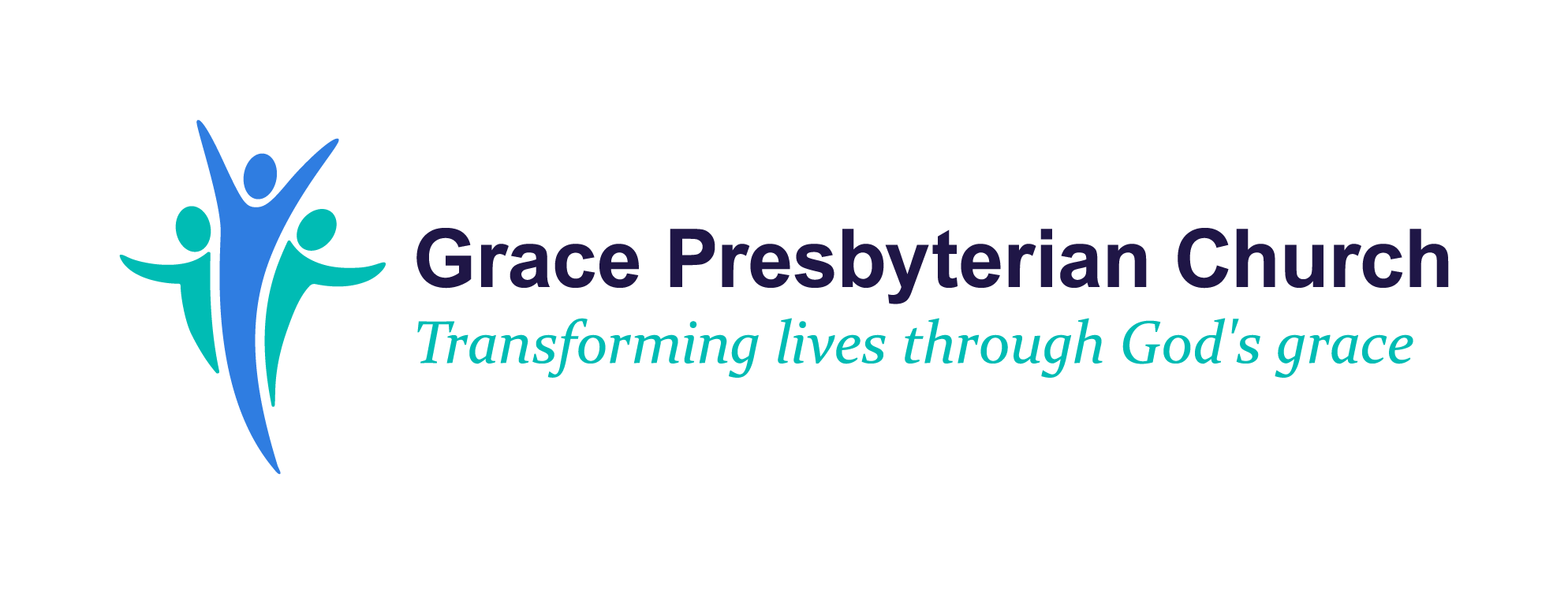During her working life, Cindy was an engineer. After retirement, Cindy knew she wanted to be a volunteer at the church. At that time, Grace used the small church model and Cindy worked at many roles as a “jack -of-all-trades”: from doing admin to working on the website to running the church as the Operations Director. Now, Cindy is a volunteer filling the role of Volunteer Coordinator.
Elders, a Special Category of Volunteer
However, one volunteer role that Cindy serves in is that of an Elder. Elders are volunteers in a special category. They take vows and are ordained for life and provide leadership as well as pastoral care. In this time of transitional leadership and COVID-19, Elders are the human connection between the larger Grace church and every member in it.
Elders are Pillars of Leadership
Presbyterians are known for “good decent order,” Cindy says. There is balance in leadership that comes from both ministers and lay leaders. There are two types of Elders: ministers are teaching Elders, and the second type of Elders are lay people.
Two Categories of Lay Elders at Grace
At Grace, non-ministerial Elders are further divided into two groups: Session Elders and Service Elders.
Session Elders
Session Elders are similar to board members – they oversee the direction of the church. Session Elders are elected and serve for six years. Currently, Grace is replenishing Session with four new Elders. Nominations have taken place. The next step is for the nominees to meet with ministers to learn about the role and determine if they want to stand for election. An election follows, and those elected are the new Session Elders.
Transition to a Large Church Model
Before Grace transitioned to a large church model, all Elders were on Session. With the transformation, Session was reduced from 40 to 14 members. The additional Elders are Service Elders.
Service Elders
Service Elders have a district with a selection of households in it. The Elder reaches out to these households, share information, support and listen to people, and connect those in need of greater support with resources such as Pastoral Care. Often, Elders visit people in person. At this time, people are emailing and calling the members of districts.
As Grace gets bigger, the importance of Elders grows. The Elders are what provides personal connection to Grace. Ideally, a large church has a large number of Service Elders.
What are the criteria for being an Elder?
It has nothing to do with age! Cindy has been an ordained Elder since her early 20s. Qualities of Elders include:
- good insight
- faithfulness
- a willingness to serve
- love of Church and community
- love of Jesus
- ability to meet a time commitment
The hope is that Elders would represent all age groups and be a reflection of the congregation as it changes and grows.
Connect with an Elder During COVID-19
Members can contact Elders about many things. Elders talk to those in their district. Cindy checks in with her district by phone or email to make sure everyone is healthy and to see how things are going. People can share their thoughts on Grace, their personal situations and needs. Other times, Cindy prays with people. It all depends on the individuals.
Elders Can Bridge Needs with Resources
If an Elder identifies that someone has greater needs, they work with that person and may engage Pastoral Care or other resources at Grace.
Elders Help Every Voice Be Heard
Elders also consolidate feedback on Grace from their districts and bring it back to Session. “It’s a very egalitarian system,” Cindy says. “Everyone has a voice and an opinion.”
April Elder Connection
In April, Elders will be reaching out systematically to all Grace members and adherants.



